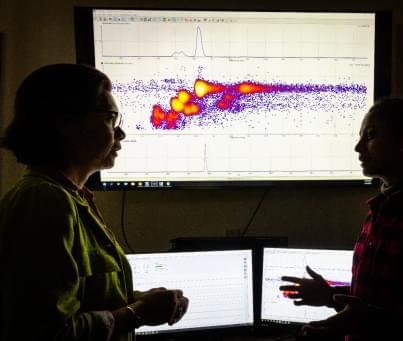Bacteria have started eating our pollution.
A recent study revealed that a bacterial strain, called Labrys portucalensis F11, isolated from contaminated soil, can break down the exceptionally strong carbon-fluorine bonds in forever chemicals (PFAS), including some of the concerning shorter-chain varieties.
PFAS, or per-and polyfluoroalkyl substances, are a group of man-made chemicals widely used since the 1950s in numerous products, from nonstick cookware to firefighting foam.
Their widespread use and resistance to degradation have led to their ubiquitous presence in the environment and even in human blood, earning them the moniker forever chemicals. While most remediation efforts focus on containment, F11 bacteria can dismantle these chemicals. Within 100 days, the study showed F11 metabolized over 90% of perfluorooctane sulfonic acid, a hazardous form of PFAS. It also degraded significant amounts of other PFAS compounds. This research tracked not just the parent PFAS, but also the resulting metabolites, some of which F11 further degraded. This is crucial, as some byproducts are equally or more toxic.
While degradation is currently slow, future research will optimize conditions for faster consumption, even with competing carbon sources.
The long-term goal is a practical bioremediation strategy, potentially using F11 in wastewater treatment or through bioaugmentation in contaminated soil and groundwater. This research marks a significant advance in sustainable PFAS remediation, offering hope for a future with less “forever chemical” contamination.
Learn more https://www.buffalo.edu/news/releases/2025/01/bacteria-found…cals.html#







